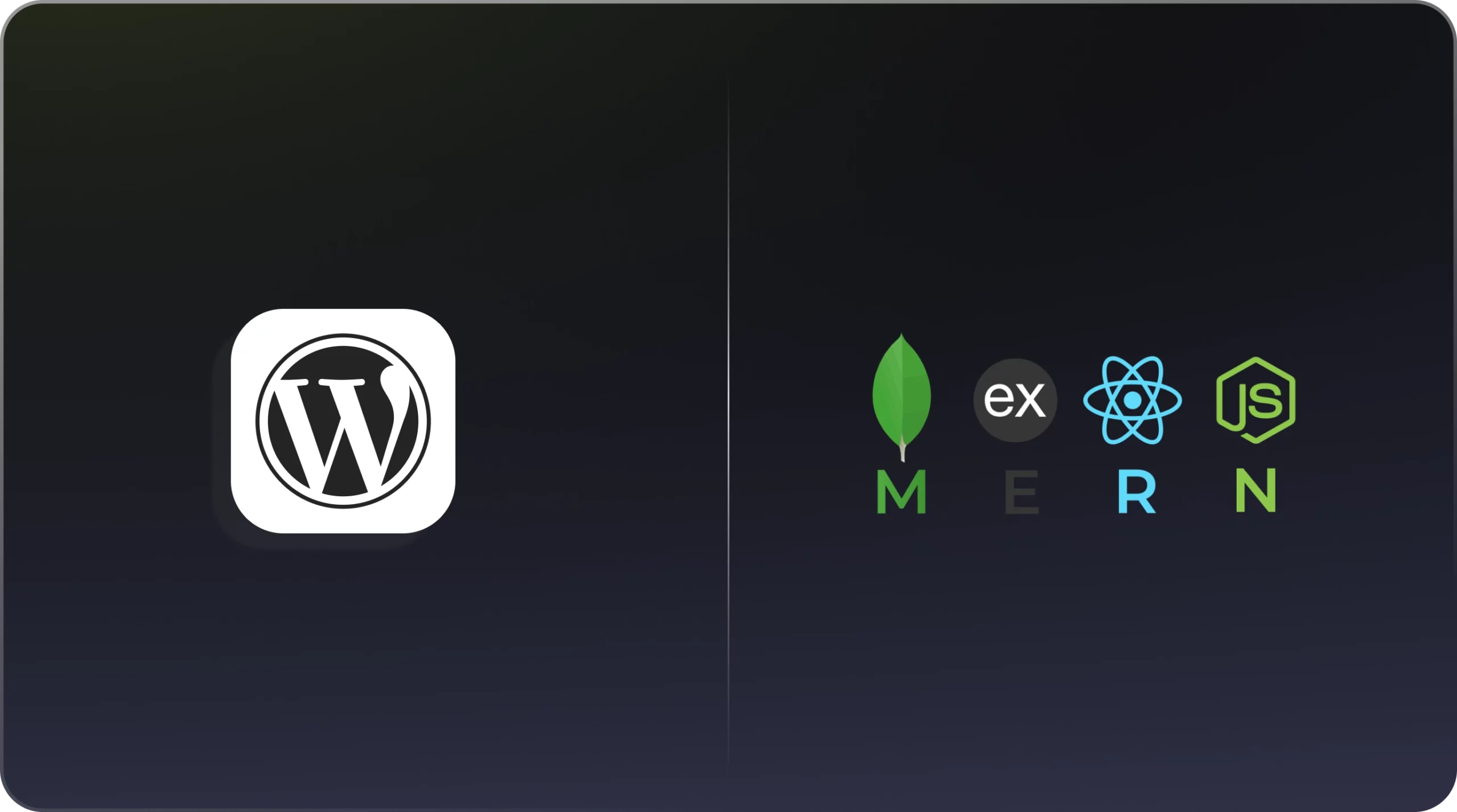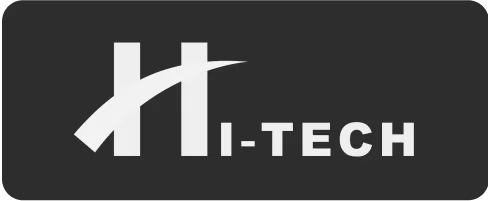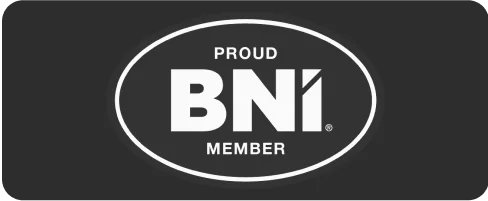WordPress and MERN (MongoDB, Express, React, and Node.js) are two popular platforms for building websites. Each has its own set of features and capabilities, and they are suitable for different types of projects. In this article, we will compare WordPress and MERN to help you decide which platform is the best fit for your needs.
WordPress is a content management system (CMS) that is widely used for building websites, blogs, and e-commerce stores. It was initially released in 2003 and has since become the most popular CMS in the world, powering over 60 million websites. WordPress is known for its ease of use, with a user-friendly interface and a large selection of themes and plugins that allow users to customize the look and functionality of their website.
One of the main advantages of WordPress is that it is suitable for both small and large websites. It has a range of features that make it easy to manage content, such as the ability to schedule posts, create categories, and use tags to organize content. WordPress also has a large community of developers who contribute to the platform, which means there is a vast array of plugins and themes available to extend the functionality of a WordPress site.
On the other hand, MERN is a full-stack JavaScript framework that is used to build web applications. It consists of four main technologies: MongoDB, a NoSQL database; Express, a web application framework; React, a front-end library; and Node.js, a runtime environment for building server-side applications. MERN is popular among developers because it allows them to build web applications using a single language (JavaScript) from front to back.
One of the main benefits of MERN is that it is highly customizable. Because it is a full-stack framework, developers have complete control over the architecture and functionality of their web application. MERN also allows developers to build scalable and efficient web applications, as it uses non-blocking I/O (input/output) and an event-driven model. This means that the server can handle many requests simultaneously without waiting for each request to complete before moving on to the next one.
Another advantage of MERN is that it is suitable for real-time applications, such as chat apps or live updates. This is because the framework uses websockets, which allow the server to push data to the client in real-time without the need for the client to constantly poll the server for updates.
So, which platform is better: WordPress or MERN? The answer really depends on your needs and the type of project you are working on. If you are building a small or medium-sized website and you want something that is easy to use and has a wide range of features, WordPress is a good choice. On the other hand, if you are building a more complex web application that requires custom functionality and real-time updates, MERN might be a better fit.
In summary, WordPress is a user-friendly CMS that is suitable for building small to medium-sized websites, blogs, and e-commerce stores. It has a large selection of themes and plugins and is easy to use. MERN, on the other hand, is a full-stack JavaScript framework that is suitable for building custom and scalable web applications. It allows developers to build real-time applications and has a high level of customization. Ultimately, the choice between WordPress and MERN will depend on the specific needs of your project.



